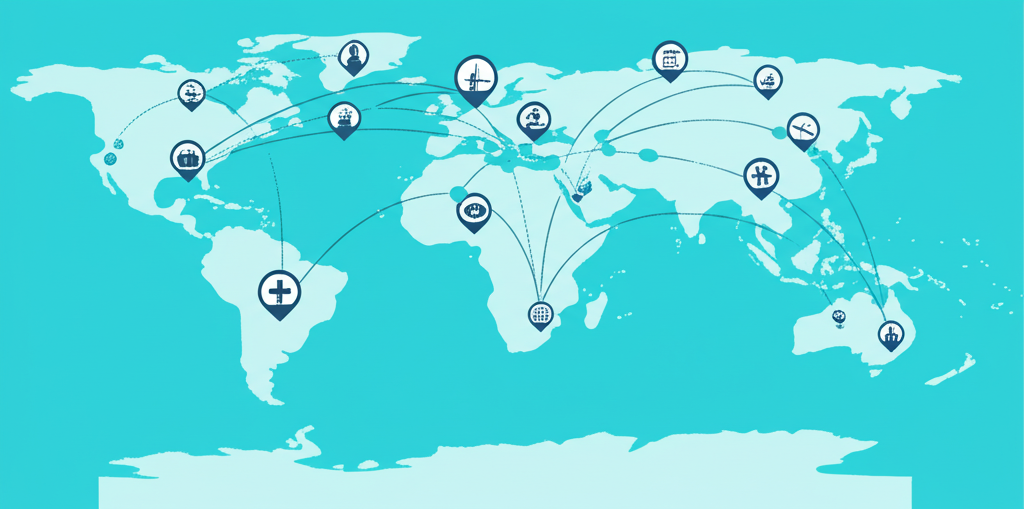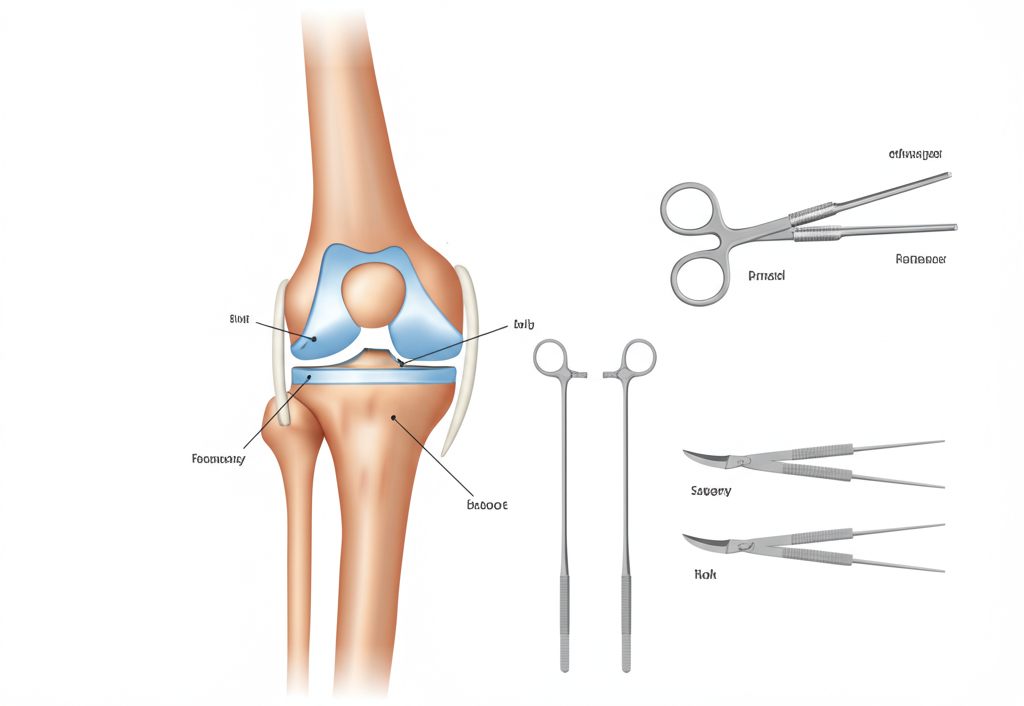Understanding Medical Tourism: A Comprehensive Guide

Medical tourism has transformed how people approach healthcare, offering access to quality treatments at a fraction of the cost in many developed countries. This guide explores everything you need to know before embarking on your medical journey abroad.
What is Medical Tourism?
Medical tourism refers to the practice of traveling to another country for medical treatment. This could be for a variety of reasons - lower costs, shorter wait times, access to treatments not available in your home country, or combining recovery with a vacation experience.
According to the Medical Tourism Association, the industry is valued at approximately $100 billion, with over 14 million people traveling internationally for healthcare each year. The most popular destinations include Thailand, India, Mexico, Turkey, and Malaysia.
Common Procedures in Medical Tourism
While virtually any procedure can be pursued through medical tourism, some of the most common include:
- Dental procedures: Implants, crowns, veneers, and full mouth reconstructions
- Cosmetic surgery: Facelifts, rhinoplasty, breast augmentation/reduction
- Orthopedic surgery: Hip and knee replacements, spinal fusion
- Cardiac procedures: Angioplasty, bypass surgery, valve replacements
- Weight loss surgery: Gastric bypass, sleeve gastrectomy
- Fertility treatments: IVF and other assisted reproductive technologies
- Vision correction: LASIK and other eye surgeries
The Benefits of Medical Tourism
Key Advantages
- Cost savings: Patients can save 50-90% on procedures compared to US prices
- Quality care: Many international hospitals are JCI-accredited with US/UK trained doctors
- Shorter wait times: Immediate treatment without lengthy waiting periods
- Privacy: Discretion for those seeking cosmetic procedures
- Travel opportunity: Combine medical care with a recovery vacation
- Access to treatments: Procedures that may not be approved or available in your country
How to Choose the Right Destination
Selecting the appropriate destination depends on several factors:
- Specialty and expertise: Different countries excel in specific procedures (e.g., Thailand for cosmetic surgery, India for cardiac care)
- Accreditation: Ensure the hospital has international accreditation like JCI (Joint Commission International)
- Cost considerations: Balance the procedure cost with travel and accommodation expenses
- Language barriers: Consider destinations where communication will be easier
- Travel distance: For major surgeries, shorter flights may be preferable for post-operative comfort
- Cultural factors: Choose destinations where you'll feel comfortable during recovery
Planning Your Medical Journey
Proper planning is crucial for a successful medical tourism experience. Here's a step-by-step approach:
- Research and consultation: Thoroughly research your condition, treatment options, and potential destinations
- Choose a facilitator or contact hospitals directly: Medical tourism facilitators can simplify the process, or you can reach out to international hospitals yourself
- Send medical records: Provide your complete medical history to receive accurate treatment recommendations
- Virtual consultation: Speak with your international doctor before making final decisions
- Logistics planning: Arrange flights, accommodation, and local transportation
- Prepare documentation: Ensure you have necessary travel documents, visas, and insurance
- Plan for recovery: Consider the recovery environment and support needed
- Arrange follow-up care: Coordinate post-procedure care with local doctors upon return
Understanding the Risks
While medical tourism offers significant benefits, it's important to acknowledge potential risks:
- Quality variations: Standards can vary widely between facilities, even within the same country
- Continuity of care: Follow-up care may be challenging once you return home
- Language and cultural differences: Communication issues can affect your care experience
- Exposure to unfamiliar pathogens: Different regions have different endemic diseases
- Travel complications: Flying too soon after surgery can increase risk of blood clots
- Legal recourse limitations: Medical malpractice laws vary internationally
These risks can be significantly mitigated by thorough research, choosing accredited facilities, and working with reputable medical tourism providers.
Financial Considerations
Understanding the financial aspects of medical tourism is crucial:
- Insurance coverage: Most domestic insurance plans don't cover elective procedures abroad, though some are beginning to offer international options
- Total cost calculation: Consider procedure costs, travel expenses, accommodation, meals, local transportation, and potential follow-up care
- Payment methods: International hospitals typically require upfront payment, often with significant deposits
- Emergency funds: Always budget for unexpected expenses or extended stays if complications arise
- Medical tourism insurance: Specialized policies are available that cover complications and extended stays
Making Your Decision
The decision to pursue medical tourism should be made carefully after considering:
- The complexity of your medical condition
- Your overall health and fitness for travel
- Financial implications compared to local treatment
- Your comfort with navigating foreign healthcare systems
- Support systems in place both at your destination and upon return
Expert Perspective
"When approached with proper research and planning, medical tourism can offer excellent care at significant savings. The key is performing due diligence on the facility, physician credentials, and understanding exactly what's included in quoted prices. Patients should also have a clear plan for follow-up care upon returning home."
— Dr. Jonathan Edelson, Medical Tourism Association
Conclusion
Medical tourism represents a paradigm shift in how people access healthcare, empowering patients with more options and often significant savings. By understanding the benefits, risks, and necessary planning steps, you can make informed decisions about whether seeking care abroad is right for your situation.
Remember that the most successful medical tourism experiences come from thorough research, realistic expectations, and comprehensive planning. Working with experienced medical tourism facilitators like care.quest can help navigate the complexities of international healthcare while ensuring you receive quality care throughout your journey.
Share this article:

